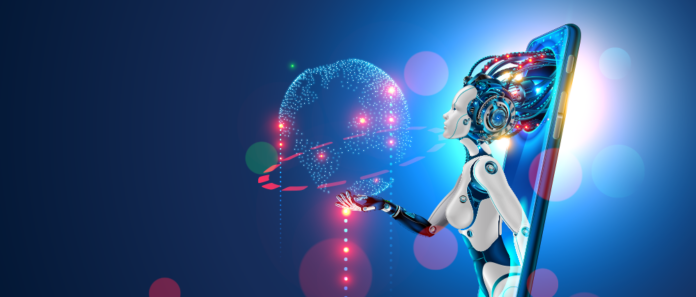The number of people who go online every day is increasing. According to Nasscom, 730 million Indians will have internet access by the end of 2020 and this is going to go further up because of the Pandemic Covid-19.
Marketing is connecting with your audience in the right place at the right time, which means you need to meet them where they are already spending their time: the internet. Thus, digital marketing is the technique used to attract, engage and delight customers online. With the evolution of digital marketing and its related applications, it is expected that by the end of the year, the Indian e-commerce industry will reach $34 billion, with 200 million individuals transacting online.
AI and Machine Learning are already being used in digital marketing for smart search options and personalized messaging. A huge amount of data gets created every time a user interacts with a digital asset. AI and ML algorithms manoeuvre these data for digital marketing success.
Smart Search
Ask anybody, they say, Google is the best search engine where they can search and can retrieve necessary information. How does Google lead this pack? Google’s BERT technology can process a word in the context of the sentence. And by using BERT anyone can train their own question answering system.
Another application of ML used in the search is customized search results based on the learnings from the user’s past preference data.
Personalized messaging
Personalized messaging and ads can help find the right audience and can increase their engagements and thus the conversion rates. AI-driven technologies and ML help several advertising companies in creating dynamic ads and landing pages to personalize marketing messages.
Natural Language Generation (NLG), application of AI is used in personalization to create content specific to an individual.
Machine Learning in campaign operations
Many organizations like Google, Facebook are using AI & ML applications in marketing. Google could auto-generate ads by using smart bidding and smart campaigns.
Smart bidding options like TROAS, TCPA and few others, use the huge scale of data available to train the ML algorithms to make accurate predictions on how different bid amounts can have an impact on the conversion rates. This assists and makes it easy for the advertisers to bid without getting into the details.
Facebook uses ML for ad placements and ad delivery. Similarly, Google uses ML-based ALPS reverse engineers ranking algorithm on their organic searches to predict the impact of SEO actions.
Many retailers are adopting AI with VR and AR technologies to personalize their user’s individual experience. Other areas where AI finds its use is on voice search and image search. In further years to come, digital marketing will see an uptick with newer potentials of AI implemented.

